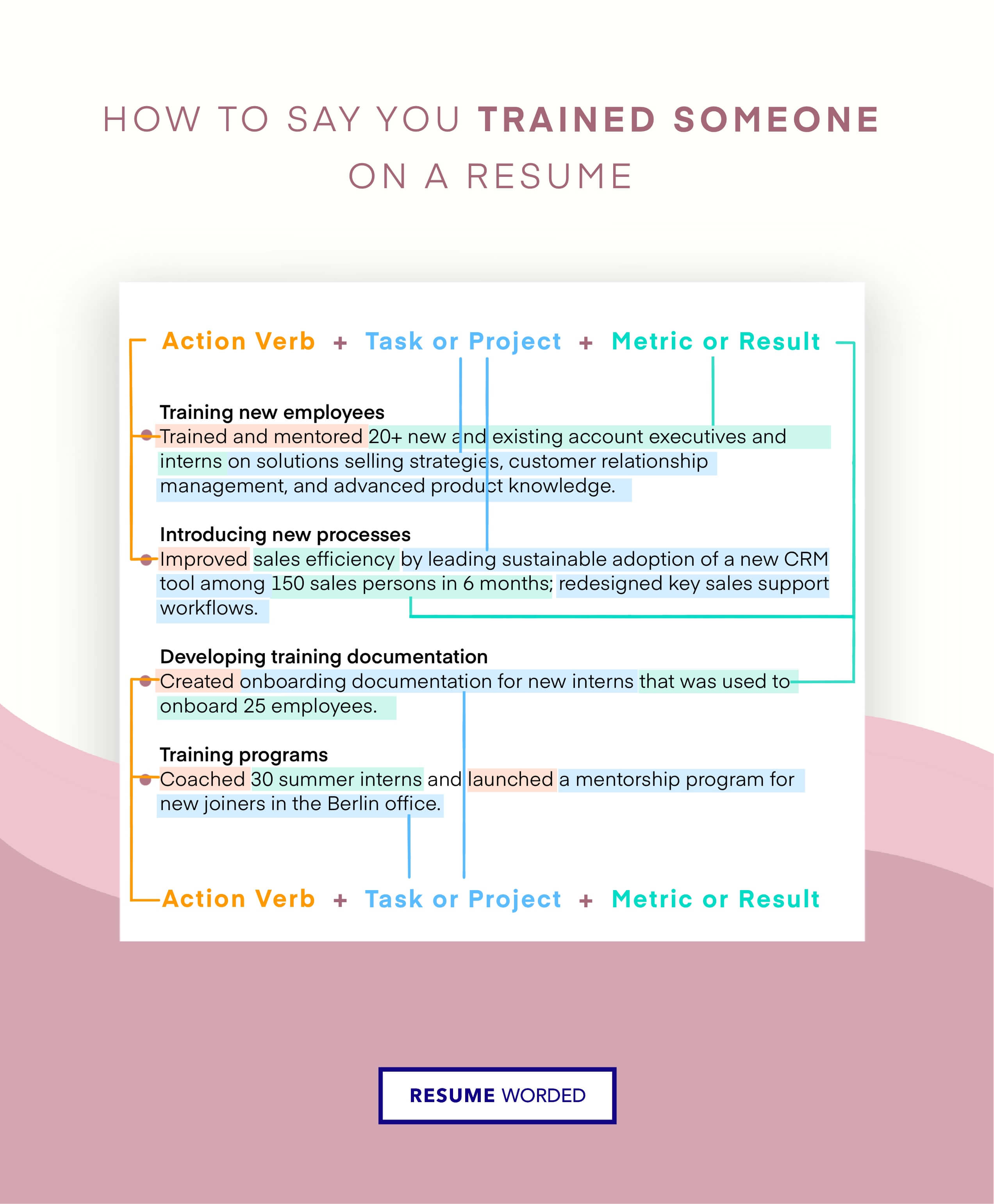
Employers often seek out transferable skills when hiring new employees. Employers often look for transferable skills, such as the ability to adapt to new situations and leadership and teamwork skills. They also look out for moral and ethical principles. Listed below are several ways that employers assess the transferability of skills in applicants. Ensure that your resume highlights transferable skills.
Employers are looking for candidates with transferable skills
Transferable skills are those that can be easily applied to other industries. Writing, research, and data analytics are all examples of transferable skills. Market skills can be easily transferred between industries provided they are of the required level. These skills might include the ability of working with a wide range of products, services and demographics. Writing skills are essential for general communication, technical and product descriptions, as well as copywriting and sales pitches.
Employers look for people with transferable skills. Soft skills are easy to learn and can help you advance in your company. The ability to manage people can also be a valuable asset to a company.

They look at a person’s ability for adapting to a change in circumstances.
Transferability of skills refers to the ability to transfer one's knowledge and experiences to other situations. This skill is critical when you're looking for a new job or trying to regain your career after a hiatus. You can develop transferable skills through volunteering, school, and community activities. These skills can also be acquired by serving in a leadership or team role. Today's world is full of multiple careers and start-up companies. Hiring managers seek individuals who are able to adapt quickly and effectively to new work situations.
The most transferable skills are problem-solving. This is the ability of analyzing problems and creating a plan to solve them. These skills are crucial for all career paths and can help one be successful in any occupation. Write a self inventory to find transferable skills. You can then use this self-inventory to determine what skills you have and how they can be used in a new setting.
They consider leadership and teamwork skills
In the business world, some employers put more weight on transferable skills than formal qualifications. Many bosses are familiar with stories about people who possess great credentials but lack the transferable skills that they need to succeed. Words like "teamwork" or "leadership" are not just lip service; they are valuable assets that can help you get the job of your dreams and excel in it.
Having the ability to relate to people in a way that they understand is crucial for success. This requires understanding the motivations and needs of others. Empathy and listening skills make great team members. They also have the ability build trust with others, and solve conflicts.

They consider ethical and moral values
Moral and ethical values can be subjective and each person's definitions of them will differ. Ethical values are the standards by which we live our lives. One example is that it is not acceptable to kill a child because of love. Another example is lying to another person. Although moral values vary across cultures, they can be consistent in certain situations. Professionals are expected, for instance, to follow an ethical code during work.
Moral values play an important role in regulating social behavior. There are two types of moral values: individualizing and binding. These values govern the behavior of individuals, while individualizing values govern social behavior. The differences between the two types of moral values may be due to their importance in different social contexts. For example, people may give more importance to binding values when they are around their close friends and family, while they may place greater value on individualizing values when they are alone.